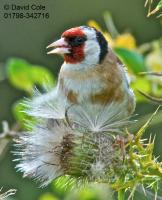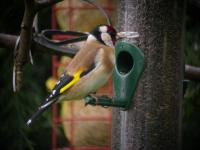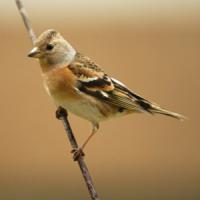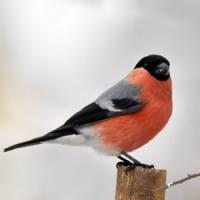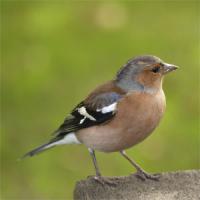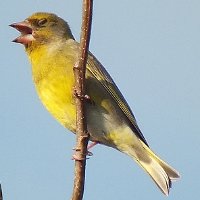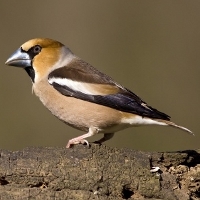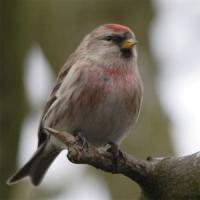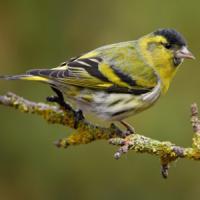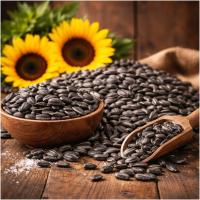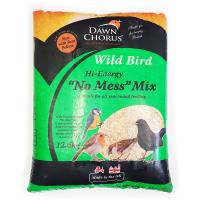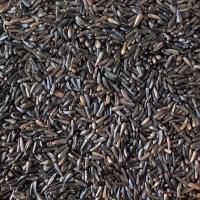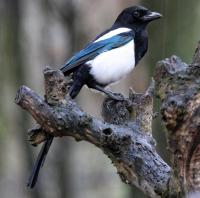- Home
- FAQs
- Customer Video Gallery
- Customer Photo Gallery
- Bird Facts
- Bird Food Blog
- Bird Information
- Feeding Advice
- Small Animal Information
- A to Z of Guinea Pigs
- A to Z of Hamsters
- A to Z of Rabbits
- Basic Care for Guinea Pigs
- Basic Care for Hamsters
- Basic Care for Rabbits
- Basic care for Chinchillas
- Basic care for Ferrets
- Basic care for Gerbils
- Basic care for Mice
- Basic care for Rats
- Buying a Healthy Small Animal
- Does your Reptile need a Licence
- Equipment for Ferrets
- Equipment for Hamsters
- Equipment for Mice
- Equipment for your Chinchilla
- Equipment for your Gerbil
- Equipment for your Guinea Pig
- Equipment for your Rabbit
- Keeping a House Rabbit
- Dog Information
- Cat Information
- Customer Information
- Fat Balls
- Suet Pellets
- Straights
- Seed Mixes
- Suet Treats
- Mealworms
- Bird Feeders
- My Account
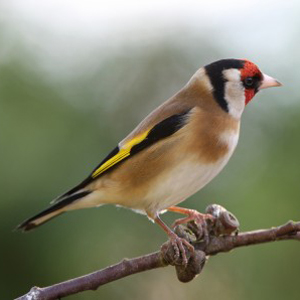
| Scientific Name | Carduelis carduelis |
| Breeding | late April |
| Fledge Days | 14-17 |
| Incubation Days | 13-15 |
| Lifespan | 2 years |
| Number of Clutches | 2-3 |
| Number of Eggs | 3-7 |
| Size | 12cm |
| Weight | 14 - 17g |
| Wingspan | 21-25.5cm |
Goldfinch Facts - Information About Goldfinch
Goldfinch - Carduelis Carduelis
The Goldfinch is an abundant British breeding resident with around half a million pairs, it has become increasingly common in gardens, probably because more & more people are putting Niger Seed feeders for them to use. They occur in nearly all habitat types throughout the country and can easily be enticed into the garden by presenting suitable food in your feeders.
Identification:
Adult
- Males and females are alike.
- Finches are small Sparrow sized birds, the Goldfinch is around 12cm in length, making it smaller than Chaffinch.
- The Goldfinch is quite a striking little bird, full of colour and always calling.
- Tail is black with white side patches and trailing edge, rump is white, back is chestnut and wings are black with a large yellow wingbar and white tertial spots.
- The Goldfinch has a black and white head with a crimson red face.
- Nape and crown, black.
- Cheeks and throat are white.
- Face and chin is red.
- Underparts snow white but shows buffy flanks and incomplete breastband, undertail coverts are white.
- Bill is extremely pointed and pale, legs pale and eye black.
Juvenile
- Juveniles appear from May onwards, they have the tail, rump and wing markings similar to the adults but the head and back is finely streaked and grey in colour.
- The flanks are buff and again heavily streaked from the breast sides down.
Status and Distribution
The Goldfinch is a very abundant breeding resident in the UK with over half a million pairs. The population over the last decade or so has seen a good increase, probably due to garden feeders. They occur in all counties throughout the UK, but are less numerous in northern Scotland.
Habitat/Food
Goldfinches have increased dramatically in our gardens. They feed on small seeds such as thistle heads. In the garden Goldfinches will come to Feeders containing Niger Seed and other Seed Mixes. They occur in all habitat types throughout the UK, woodlands, parks, gardens, farmland, hedgerows but are becoming more and more regular in our towns and cities.
Song/Call
Several call notes; most often a happy three syllable ‘ticklelitt’ and other shorter variations of this a single ‘lit’ and a double ’kelitt’.
Song is a sweet and cheery series of notes, fast in pace and containing its calls along with jingling notes and short rasping sounds.
The following food is favoured by Goldfinch




